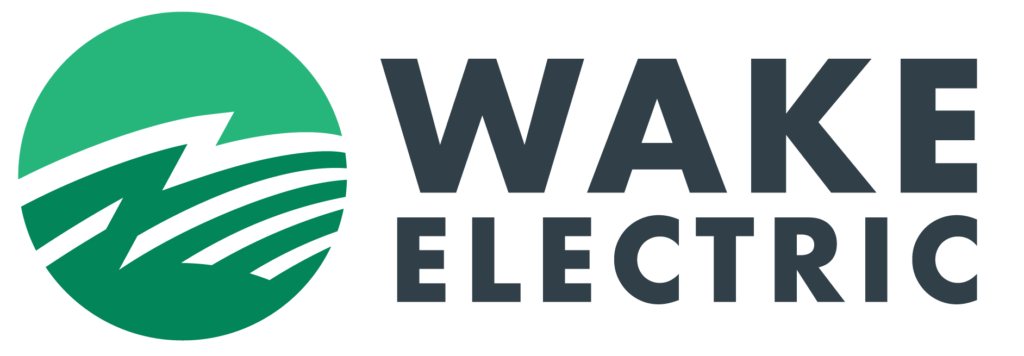Wake Forst, NC— Advancements in technology warn us of coming storms days in advance, but don’t wait until a hurricane forms to start preparing. Hurricane season begins June 1 and ends November 30 and, when these disasters strike, they pose serious threats to North Carolinians. True preparation for hurricane season starts now. Follow these tips to make sure that you, your family and your home stay safe this hurricane season.
Before the Storm:
– Have a family evacuation plan. Determine a safe site for your family to meet and include the safest route to an emergency shelter or other facility.
– Locate important papers and documents and have them ready to take with you, should you need to evacuate. These items include drivers’ licenses, Social Security cards, proof of residence, insurance policies, wills, deeds, birth and marriage certificates and tax records.
– Put together a disaster supply kit. Include a two-week supply of water, non-perishable food items, a first-aid kit, flashlights, a battery-operated radio, batteries and your prescription medications.
– Fill your car with gas as soon as a storm is forecasted; do not wait.
– Secure your home. Close storm shutters and lock up outdoor objects or bring them indoors.
– Be sure to listen to the radio for updates on weather conditions. Know that a watch is issued when there is a threat of hurricane conditions within 24-36 hours and warnings are issued when hurricane conditions are expected in less than 24 hours.
During the Storm:
– Follow hurricane progress reports on the television, radio or online. Be sure to have a battery-powered radio on hand in case the power goes out.
– Avoid windows and glass doors and keep curtains and blinds closed. Take refuge in a small interior room, closet or hallway on the lowest level.
– If evacuation is necessary, leave as soon as possible, unplug all appliances, take protective clothing, blankets and sleeping bags, and lock up your home.
After the Storm:
– Make sure the storm has completely passed before going outside.
– Never pick up or touch downed power lines. Because the lines could still be energized, report them immediately by calling your electric cooperative or 911.
– If your power is out for an extended period of time and your emergency situation requires the use of a generator, have a qualified, licensed electrician connect the generator to your home’s main electrical supply. Power from generators can backfeed along power lines and electrocute anyone who comes into contact with them.
– Replenish your supplies of batteries, bottled water, non-perishable food items and firewood for future hurricanes.
Preparing for a hurricane is essential to staying safe, saving lives and saving money. You cannot prevent hurricanes, but you can minimize potential damage to your home and injury to your family by gathering supplies, preparing your home and planning for a possible storm before the hurricane season starts.
